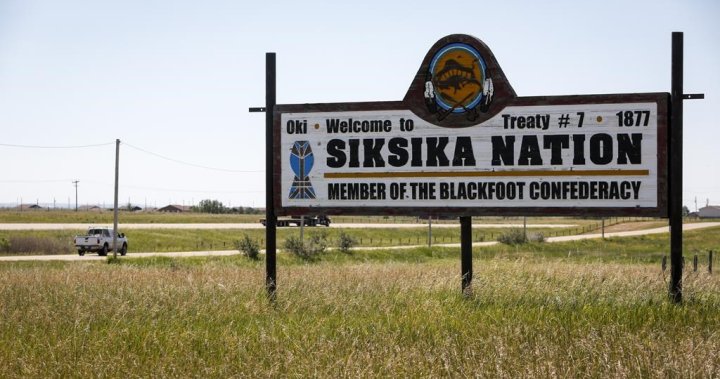The Siksika Nation, located approximately 95 kilometres east of Calgary, has initiated a legal challenge against the Alberta government’s decision to lift a longstanding ban on new coal mining projects along the eastern slopes of the Rocky Mountains. In July 2025, Siksika filed for a judicial review, alleging the government failed to adequately consult Indigenous communities before ending the moratorium. The challenge highlights concerns over potential threats to Treaty rights, local ecosystems, and water resources vital to Indigenous livelihoods. Joined by the Kainai Nation, this case raises important questions about Indigenous consultation and environmental protection in Alberta’s resource development policies.
Background of the Coal Mining Ban
Alberta’s moratorium on new coal mining projects along the eastern slopes of the Rocky Mountains had been in place for several years to protect sensitive ecosystems, water sources, and Indigenous lands. The region is known for its rich biodiversity and is culturally significant to several Indigenous communities, including the Siksika Nation. The ban was originally implemented to prevent environmental degradation and preserve the integrity of Treaty lands.
Government’s Decision to Lift the Ban
In early 2025, the Alberta government announced the lifting of the moratorium on new coal mining projects in the area. The government cited economic development opportunities, job creation, and resource utilization as primary motivations. Officials stated that safeguards would be introduced to mitigate environmental impacts. However, the decision was met with significant opposition from Indigenous groups and environmental organizations.
Claims by the Siksika Nation
The Siksika Nation initiated a judicial review in July 2025, arguing that the Alberta government failed to conduct meaningful consultation with Indigenous communities as mandated under Canadian law. The Nation asserts that ending the moratorium without comprehensive Indigenous engagement violates Treaty 7 rights and risks harms to the environment that Indigenous peoples depend on for cultural, spiritual, and economic purposes.
- Concerns about water security due to potential contamination from mining activities
- Threats to wildlife habitats and biodiversity along the eastern slopes
- Impacts on traditional land uses and cultural sites protected under Treaty agreements
Support from Kainai Nation and Broader Implications
The Kainai Nation, also a Treaty 7 signatory, has joined the legal challenge, emphasizing the collective Indigenous perspective on the issue. This collaboration underscores the potential for precedent-setting outcomes regarding provincial consultation obligations and environmental stewardship in resource development.
This case has garnered attention across Alberta and Canada, highlighting tensions between economic interests and Indigenous rights. It raises critical questions about how governments balance resource development with the duty to consult Indigenous peoples and protect fragile ecosystems.
Next Steps and Potential Outcomes
The judicial review process will examine whether the Alberta government met its legal obligations to consult Indigenous communities adequately prior to lifting the coal mining ban. The court’s decision could:
- Uphold the government’s decision, allowing new mining projects to proceed with proposed safeguards
- Set aside the decision, potentially reinstating the moratorium until proper consultation is completed
- Establish new requirements for Indigenous consultation and environmental assessments in resource development
The Siksika Nation has emphasized its commitment to protecting its Treaty rights and the environment, stating that it seeks a respectful and collaborative approach to land management moving forward.
Conclusion
The legal challenge brought by the Siksika Nation, supported by the Kainai Nation, represents a significant moment in the ongoing dialogue between Indigenous communities and the Alberta government regarding resource development and environmental stewardship. The outcome of the judicial review will have important implications for Indigenous consultation practices, Treaty rights, and the protection of ecologically sensitive areas along the eastern slopes of the Rocky Mountains. As the case progresses, it will serve as a critical test of how economic interests are balanced with the responsibilities to uphold Indigenous rights and preserve vital natural resources for future generations.

